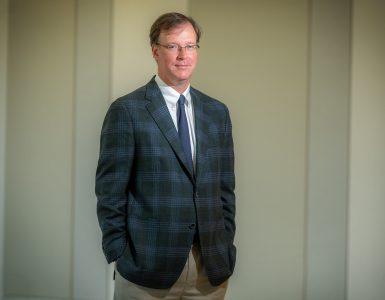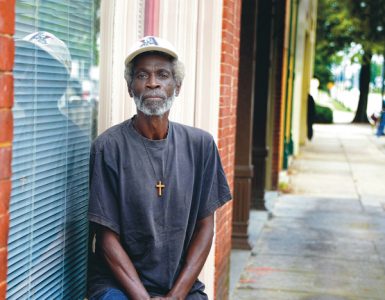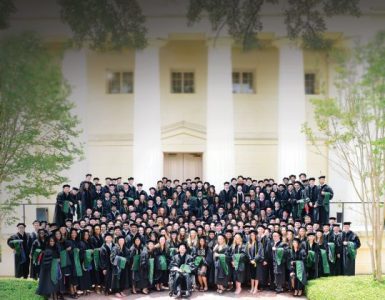In Memoriam
Dr. Harry Hill (’42) died on Thursday, Oct. 27. Hill served in World War II as
an Army captain and doctor in the southwest Pacific. Operating on both American and Japanese soldiers during combat, he worked in frontline portable surgical hospitals and was awarded a Bronze Star for surgical treatment he performed in hazardous conditions. Hill stayed in the Army Reserve and retired at the rank of colonel and
was also a practicing surgeon for 41 years, including 17 years at West Paces Hospital in Atlanta.
Dr. Harold “Chubby” Engler (’50) died Thursday, Nov. 24. A lifelong Augusta resident and dedicated community member, he was a graduate and Sheridan Sabre winner of the ROTC program at the Academy of Richmond County. He attended Augusta College, Georgia Tech and the University of Georgia before joining the Army Air Corps as a B-24 pilot in World War II and entered MCG after the war,
ultimately joining the faculty of the MCG Department of Surgery. He was an emeritus member of the MCG Foundation and a member of the Georgia Surgical Society, the American Society for Metabolic & Bariatric Surgery, the Moretz Society and a volunteer camp doctor at Camp Sea Gull in North Carolina for over 40 years. As an avid athlete, Engler was a pitcher for local American Legion and minor league teams and was a lifelong fan of football, baseball and tennis. His love of flying was rekindled later in life, and he served on the Augusta Aviation Commission during recent
projects at Daniel Field. Engler entered private practice in 1970 and retired in 2004.
Dr. Charles Robert Ireland (’50) died on Saturday, April 16. A native of
Tifton, Georgia, he began his cardiology practice in Macon after completing an internal medicine residency and cardiology fellowship. He helped establish the second coronary care unit in the state at the Medical Center of Central Georgia.
He was a charter member of the board of trustees for Coliseum Park Hospital and served several times as chief of staff there, at the medical center and other middle-Georgia hospitals. He was a past president of the Bibb County Medical Society. Ireland was a proud alumnus who wore his class ring until the day he died, according to his son Bob.
Dr. Raymond Oliver Waters (’52) died Thursday, June 2. A 1941 graduate of North Georgia College, he enlisted in the Army Air Corps prior to Pearl Harbor. During World War II, he flew and later became a flight instructor for B-24s and B-29s. He left the service in 1947 to begin his medical education at MCG. Following an ENT residency at Johns Hopkins, he rejoined the U.S. Air Force as a flight surgeon and was stationed at the School of Aerospace Medicine in San Antonio, Texas, where he worked with the Mercury astronaut program. He was transferred to Germany to be chief of ENT for Europe and was later appointed deputy commander of the hospitals at MacDill Air Force Base in Tampa, Florida, and Maxwell Air Force Base in Montgomery, Alabama. After retiring from the Air Force in 1971, he moved to Rome, Georgia, and went into private practice until his retirement in 1996. While in Rome, he also served on the board of and was chief of staff at Redmond Regional Hospital.
Dr. Margaret Bowen DeVore, who completed her anesthesiology residency at the Medical College of Georgia in 1964 and went on to join the faculty, died Sunday, Sept. 4. In 1978, she was recognized with MCG’s Distinguished Faculty Award and was awarded the Department of Anesthesiology’s Residents’ Choice Award in 1989, which was then named in her honor. She also served as MCG’s first associate dean
of students. Winthrop College, her undergraduate alma mater, awarded DeVore their highest honor, the Mary Mildred Sullivan Award, in 1992 for “selfless dedication of time, energy and talent in service to others.” The medical school also recognized her by naming the first endowed professorship in anesthesiology in her honor in 2010.
[su_note note_color=”#efefee” text_color=”#000000″ class=”story-side-box”]
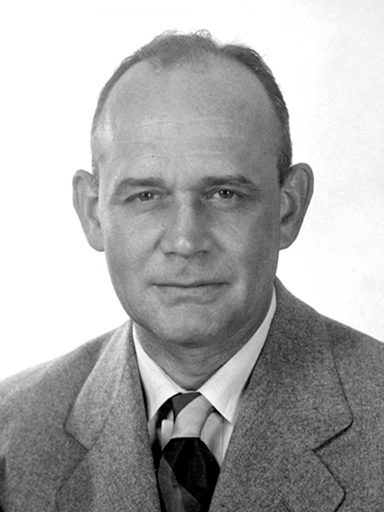
As part of the Robert B. Greenblatt, M.D. Library History of the Health Sciences Lecture Series, Remembering Dr. Hervey Milton Cleckley, Class of 1929 MCG’s Renaissance Man was presented on September 29th by teacher, speaker, commentator and best-selling author Major General Perry M. Smith U.S. Air Force (Ret.) Cleckley was an American psychiatrist and pioneer in the field of psychopathy. His book, The Mask of Sanity, provided the most influential clinical description of psychopathy in the twentieth century. Cleckley co-authored with Dr. Corbett Thigpen the book, The Three Faces of Eve, published in 1957, the same year the movie was released.
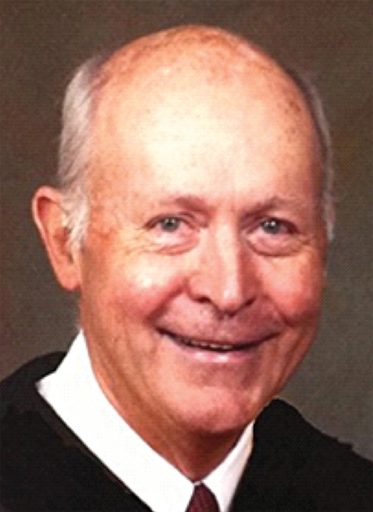
[/su_note]
Chance of a Lifetime
As a third-year emergency medicine senior resident at Maimonides Medical Center in Brooklyn, New York and sports lover, Dr. David Attaway (‘14) has had the opportunity to work a lot of “event medicine” outside of his regular shifts at one of the nation’s busiest emergency rooms.
“I’ve worked at Yankees, Knicks and Mets games as well as U.S. Open tennis and many concerts like Electric Zoo and Governor’s Ball,” the 2014 MCG graduate says.
But last summer offered Attaway the chance of a lifetime: to work at one of the world’s largest sporting events, the 2016 Summer Olympics in Rio. It’s one he very nearly missed.
“The attending [physician] who sponsors our event medicine was presenting at a conference with a Brazilian physician who was director of emergency services for Rio 2016,” he remembers. “I happened to ask about contacts with the Olympics just two days prior to the conference, so I was very lucky to be connected to him.”
Attaway then formally applied to the International Olympic Committee and was eventually appointed director of a 7-bed emergency department in the Olympic Village medical center, called Polyclinic – an experience he can only describe one way. “Living and working in the Olympic Village for an entire month was amazing,” he says. “I’ll never forget going to the gym or pool with friends from work and just hanging out around all the athletes. [Serbian pro tennis player] Novak Djokovic came into the clinic one day too, so that was also pretty cool.”
Typical eight- to 10-hour days at Polyclinic included treating athletes, coaches and IOC staff, with the busy emergency section seeing between 50 and 100 patients daily. Most patients had common ailments, he says, but some were very sick. “Our sickest patients were typically older coaches and IOC officials from poor nations. Many had not seen a physician in several years and would ask us to ‘check everything,’” Attaway says. “We found undiagnosed diabetes, hypertension, chronic kidney disease and heart failure. Several elderly patients presented with more emergent conditions requiring stabilization and emergent transport, including stroke, new cardiac arrhythmias, cauda equina syndrome and severe abdominal pain.”
He also had the opportunity to care for athletes and spectators at several Olympic venues, including the Velodrome for track cycling, the Maracanã for the men’s soccer semifinal between Brazil and Honduras, and the women’s 10-meter diving final at the Maria Lenk Aquatics Centre.
Attaway says that his medical education and experiences at MCG have served him well, both in residency and while working at the world’s largest sporting event. “The staff in the [Emergency Medicine] Department helped introduce me to the field,” he says. “In Brazil, I translated for a lot of Spanish-speaking patients. I first began using Spanish clinically as a volunteer director for the [Asociación Latina de Servicios Del CSRA] La Clínica Latina,” which is staffed by MCG students.

